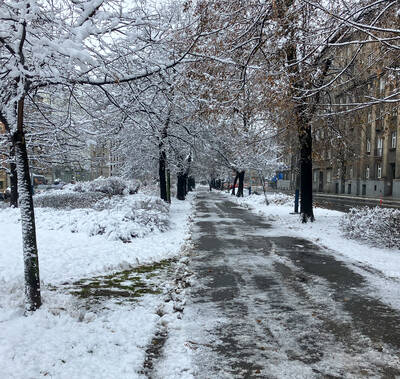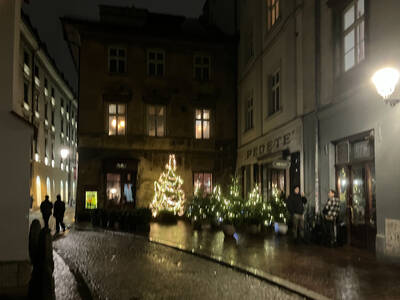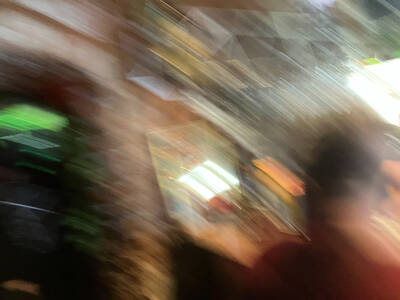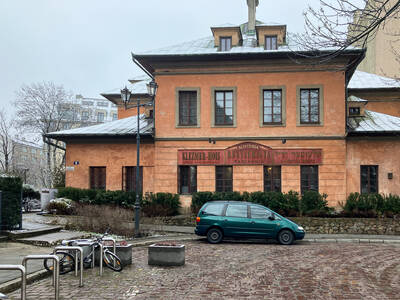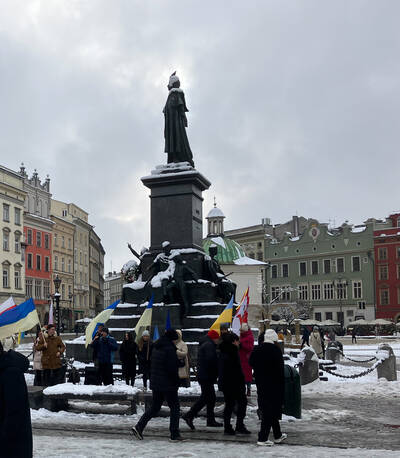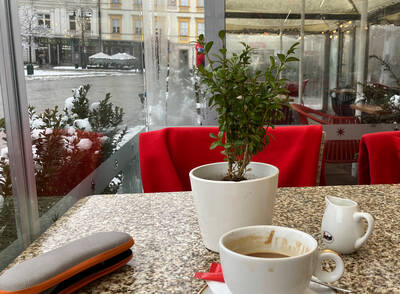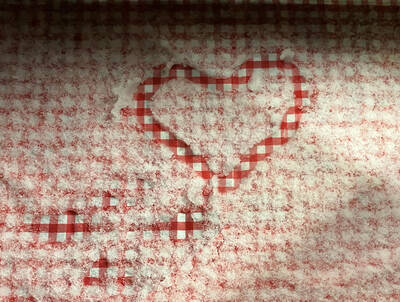Inhalte dieses Wikis:
Der Osten des Westens
Stefan Budian
Was ist ein "Schatzbild"?
Galerie
Reisebetrachtungen
Finanzierung
Administration
Weitere Wikis:
Worldmap-Wiki
hier: Nachbarschaft im Innenhof
Kontakt und Impressum:
Kontakt zu Stefan Budian
Impressum und Datenschutz
Zur Startansicht des Computerspiels „Worldmap“:



